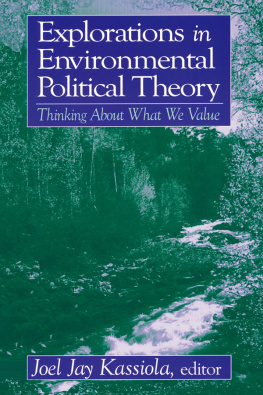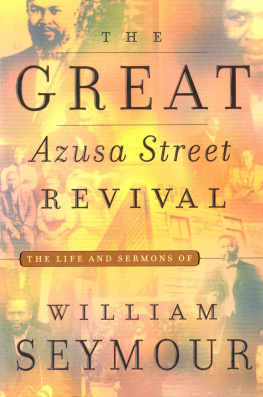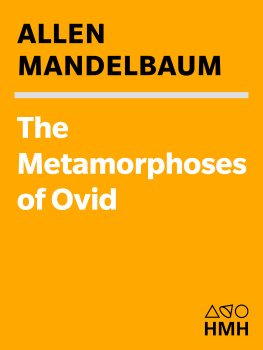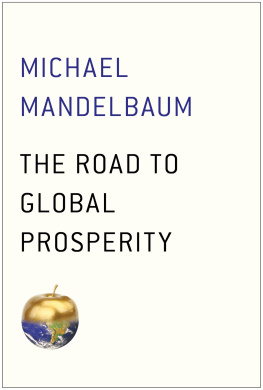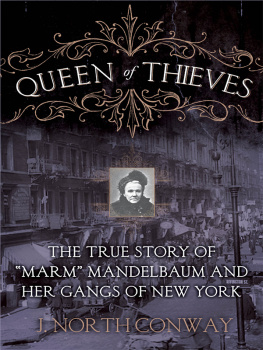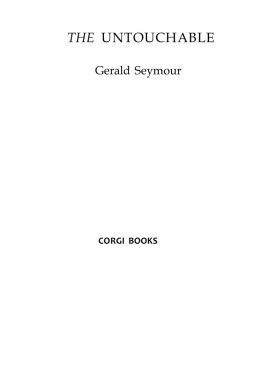Explorations in Planning Theory
First published 1996 by Transaction Publishers
Published 2017 by Routledge
2 Park Square, Milton Park, Abingdon, Oxon OX14 4RN
711 Third Avenue, New York, NY 10017, USA
Routledge is an imprint of the Taylor & Francis Group, an informa business
Copyright 1996 by Rutgers, The State University of New Jersey
All rights reserved. No part of this book may be reprinted or reproduced or utilised in any form or by any electronic, mechanical, or other means, now known or hereafter invented, including photocopying and recording, or in any information storage or retrieval system, without permission in writing from the publishers.
Notice:
Product or corporate names may be trademarks or registered trademarks, and are used only for identification and explanation without intent to infringe.
Library of Congress Catalog Number: 2011040712
Library of Congress Cataloging-in-Publication Data
Explorations in planning theory / Seymour J. Mandelbaum, Luigi Mazza, and Robert W. Burchell, editors.
p. cm.
Reprint. Originally published in 1996.
1. City planningUnited States. 2. Regional planningUnited States. 3. Urban policyUnited States. I. Mandelbaum, Seymour J. II. Mazza, Luigi. III. Burchell, Robert W.
HT167.E97 2012
307.12160973dc23
2011040712
ISBN 13: 978-0-88285-154-9 (pbk)
Contents
SEYMOUR J. MANDELBAUM
LUIGI MAZZA
JOHN FRIEDMANN
CHARLES HOCH
ERNEST ALEXANDER
ANDREAS FALUDI
SEYMOUR J. MANDELBAUM
ROBERT A. BEAUREGARD
SEYMOUR J. MANDELBAUM
MICHAEL P. BROOKS
BISHWAPRIYA SANYAL
ANDY THORNLEY
JUDITH ELEANOR INNES
GLEN MCDOUGALL
SEYMOUR J. MANDELBAUM
JOHN FORESTER
CHARLES HOCH
JOHN FORESTER
PATSY HEALEY
JEAN HILLIER
HELEN LIGGETT
SEYMOUR J. MANDELBAUM
GIOVANNI FERRARO
JUDITH ALLEN
JAMES A. THROGMORTON
HOWELL S. BAUM
BENT FLYVBJERG
LUIGI MAZZA
SUE HENDLER
THOMAS L. HARPER AND STANLEY M. STEIN
SEYMOUR J. MANDELBAUM
NIRAJ VERMA
SEYMOUR J. MANDELBAUM
JOHN M. BRYSON AND BARBARA C. CROSBY
BRITTON HARRIS
RICHARD S. BOLAN
JOHN FRIEND
T his volume began in Washington, D.C., in 1987 with a conference on planning theory organized by Robert W. Burchell for the Center for Urban Policy Research. The conference intended to generate a book, Planning Theory in the 1990s, to complement the very successful Planning Theory in the 1980s: A Search for Future Directions, which CUPR had published in 1978. Along the way to hard covers, Burchell presented several of the essays in a symposium on Planning, Power, and Politics published in Society 26, 1 (1988). Those papers caught the eye of Peter Hall, who included them in his severe critique of the state of academic planning theory published in the Journal of the American Planning Association in 1989. Several of the gored authors replied in kind, and Burchell and Seymour J. Mandelbaum (who had by then hired on as co-editor of the intended volume) would have been delighted if the expected book had been able to take advantage of its serendipitous notoriety.
Alas, it was not to be! The project, instead, was overcome by a second conference when, in 1991, Mandelbaum and Luigi Mazza cooperated in organizing the theory track at the first joint conference, held in Oxford, England, of the Association of Collegiate Schools of Planning and the Association of European Schools of Planning. Before we left Oxford, a scheme was afoot to publish the papers from that track. Negotiations between the two associations and potential publishers proceeded very slowly until Mandelbaum suggested that the CUPR and Oxford papers be merged into a set from which a single volume would be crafted. This bookfinallyis the result of that merger.
The division of labor among the three editors was relatively simple. Burchell had, in effect, done his part in the organization of the 1987 conference and the Society symposium. Mandelbaum and Mazza, continuing the active collaboration begun in the preparation of the Oxford conference, worked together in the selection and grouping of the essays, the solicitation of commentators, and the preparation of introductions to each section. They also joined in the often difficult task of mitigating the North American dominance of the planning theory game as it is played in English. Mandelbaum did most of the detailed editorial work on the essays selected for inclusion and wrote the general introduction.
In all of these tasks, we were helped enormously by Robert W. Lake, the editor in chief (and principal midwife) of CUPR Press. He kept the project moving when authors and editors were ready to despair. We are deeply grateful to him and only hope that other CUPR books are bom more easily than our stubborn baby. We are also grateful to the authors and commentators who stayed with us through a long gestation and who tolerated with remarkable grace what was often an aggressive editorial hand.
All of the essays in this volume were written to address arguments that are salient in the community of planning theoreticians, and they are crafted in the language of that community. The community is not, however, a free-floating or self-absorbed band whose members talk only to each other. While authors differ in their styles and in their images of their audience, we are confident that students, experienced practitioners, and friends of city and regional planning, wherever they are, will find that these essays illuminate their various enterprises and help them (in John Foresters phrase) when they are stuck.
Seymour J. Mandelbaum
Luigi Mazza
Robert W. Burchell
SEYMOUR J. MANDELBAUM
T he growth of university-based instruction in what is variously described as city and regional, town, or urban planning has encouraged the development of a community of academic planning theoreticians. The members of this community read each others work, speak to one another across the printed page and, often, know each other personally. The small size of the community and its ties to schools of a minor profession limit its audience and external prestige but not its intellectual ambitions. Planningas idea and activitycarries the theoreticians into the center of debates over the nature of social and ethical inquiry and the great choices that confront us when the future seems open to our efforts. Large areas of the social sciences and humanitiesread as reflections on the links between planning processes and their outcomesare incorporated into the domain of the community even if it sometimes seems that a minnow has swallowed a whale.
The essays in this collection are the substantially revised descendants of papers presented at two gatherings of this community. The first, in Washington, D.C., in 1987, was organized by the Center for Urban Policy Research at Rutgers University; the second, in Oxford, England, in 1991, was the theory track in a joint conference of the Association of Collegiate Schools of Planning and the Association of European Schools of Planning. Even were we to publish every paper read at those two celebrations of the joys of theorizing, some established and many new voices would be excluded from this volume. Taken together, however, these essaysroughly half the candidates we consideredcapture the concerns and the tone of the talk of the community writing in English about planning theory
Current talk does not, of course, capture everything that the members of the community know or care about. Individually and collectively, we do, indeed, remember texts (such as the classics of general systems theory) that are no longer central to our conversations because we have integrated them into our terms of reference; we remember but do not talk much about issues that we have decided are either settled or intractable. Symmetrically, we are prone to exaggerate the influence of authors whose work is only partially integrated into our thought and who still appear as a cause calling for a champion or demanding rebuttal.


